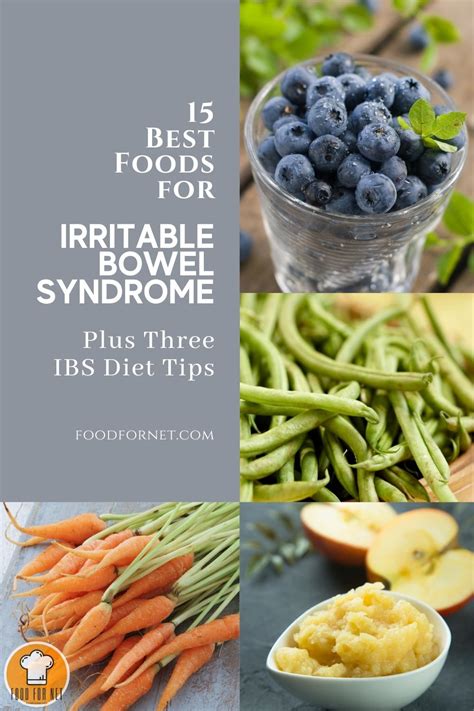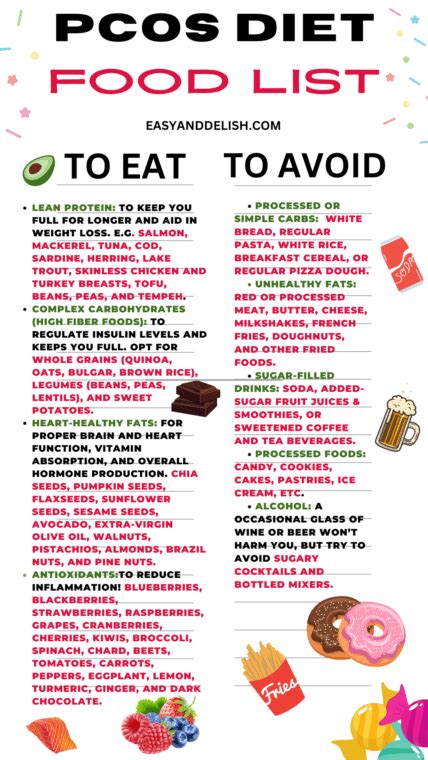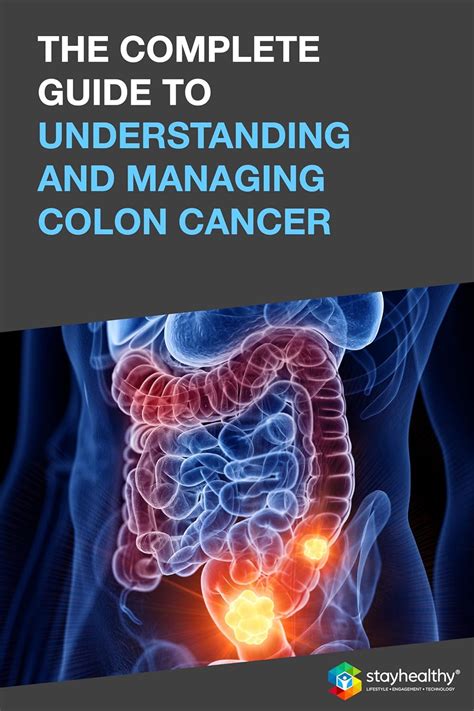Intro
Soothe an irritated colon with gentle foods, including low-FODMAP options, probiotic-rich foods, and easily digestible meals, to reduce inflammation and promote healing in the digestive system.
The colon, also known as the large intestine, plays a vital role in our digestive system. It helps absorb water, electrolytes, and nutrients from the food we eat, and eliminates waste from our body. However, when the colon becomes irritated, it can lead to various health issues, including bloating, abdominal pain, diarrhea, and constipation. A well-balanced diet that includes foods that are gentle on the colon can help alleviate these symptoms and promote healing. In this article, we will explore the best foods for an irritated colon and provide tips on how to manage colon health.
A healthy colon is essential for overall well-being, and a diet rich in whole foods, fruits, and vegetables can help maintain colon health. On the other hand, a diet high in processed foods, sugar, and saturated fats can irritate the colon and lead to digestive issues. Certain foods can trigger or worsen colon irritation, such as spicy or fatty foods, dairy products, and gluten. Understanding which foods to avoid and which ones to include in your diet can make a significant difference in managing colon health.
The importance of a balanced diet cannot be overstated, especially when it comes to colon health. Eating foods that are easy to digest and rich in nutrients can help reduce inflammation, promote healing, and prevent further irritation. Additionally, staying hydrated by drinking plenty of water and limiting caffeine and alcohol consumption can also help alleviate symptoms of an irritated colon. By making informed food choices and adopting healthy lifestyle habits, individuals can take control of their colon health and reduce the risk of digestive disorders.
Best Foods for an Irritated Colon

When it comes to managing an irritated colon, certain foods can be incredibly beneficial. These foods are often easy to digest, rich in fiber, and low in irritants. Some of the best foods for an irritated colon include:
- Bananas: Rich in potassium and easy to digest, bananas are an excellent choice for soothing an irritated colon.
- Rice: Plain white rice is a low-fiber, easily digestible food that can help calm the colon.
- Applesauce: Like bananas, applesauce is a low-fiber, easily digestible food that can help reduce inflammation and promote healing.
- Chicken: Cooked, lean chicken is a low-fat protein source that can be gentle on the colon.
- Ginger: Known for its anti-inflammatory properties, ginger can help reduce inflammation and alleviate symptoms of an irritated colon.
Foods Rich in Omega-3 Fatty Acids
Foods rich in omega-3 fatty acids, such as salmon, sardines, and flaxseeds, can help reduce inflammation and promote healing in the colon. These foods are rich in anti-inflammatory compounds that can help alleviate symptoms of an irritated colon.Foods to Avoid

While certain foods can help soothe an irritated colon, others can trigger or worsen symptoms. Foods to avoid include:
- Spicy foods: Spicy foods can irritate the colon and worsen symptoms of diarrhea and abdominal pain.
- Fatty foods: Foods high in fat, such as fried foods and red meat, can be difficult to digest and irritate the colon.
- Dairy products: For individuals with lactose intolerance or sensitivity, dairy products can irritate the colon and worsen symptoms.
- Gluten: For individuals with celiac disease or gluten sensitivity, gluten can irritate the colon and worsen symptoms.
Foods High in Fiber
While fiber is essential for a healthy colon, foods high in fiber can be difficult to digest and worsen symptoms of an irritated colon. Foods high in fiber, such as beans, cabbage, and broccoli, should be introduced gradually and in small amounts to allow the colon to adjust.Managing Colon Health

In addition to making informed food choices, there are several lifestyle habits that can help manage colon health. These include:
- Staying hydrated: Drinking plenty of water can help prevent constipation and reduce symptoms of an irritated colon.
- Exercising regularly: Regular exercise can help stimulate bowel movements and promote overall digestive health.
- Managing stress: Stress can exacerbate symptoms of an irritated colon, and managing stress through techniques such as meditation and deep breathing can help alleviate symptoms.
Probiotics and Colon Health
Probiotics, or beneficial bacteria, can help promote a healthy balance of gut bacteria and alleviate symptoms of an irritated colon. Probiotics can be found in fermented foods, such as yogurt and kefir, or taken as a supplement.Conclusion and Next Steps

In conclusion, managing an irritated colon requires a comprehensive approach that includes making informed food choices, adopting healthy lifestyle habits, and considering supplements such as probiotics. By understanding which foods to include and avoid, individuals can take control of their colon health and reduce the risk of digestive disorders. If symptoms of an irritated colon persist or worsen, it is essential to consult with a healthcare professional for personalized guidance and treatment.
Final Thoughts
In addition to the tips and recommendations outlined in this article, it is essential to remember that everyone's colon health is unique, and what works for one person may not work for another. By listening to your body and making informed choices, you can take the first step towards managing your colon health and promoting overall well-being.What are the symptoms of an irritated colon?
+Symptoms of an irritated colon can include bloating, abdominal pain, diarrhea, and constipation.
How can I manage colon health through diet?
+Managing colon health through diet involves making informed food choices, such as including foods that are gentle on the colon and avoiding foods that can trigger or worsen symptoms.
What are the benefits of probiotics for colon health?
+Probiotics can help promote a healthy balance of gut bacteria, alleviate symptoms of an irritated colon, and support overall digestive health.
We hope this article has provided you with valuable insights and practical tips for managing an irritated colon. Remember to always consult with a healthcare professional for personalized guidance and treatment. Share your thoughts and experiences in the comments below, and don't forget to share this article with friends and family who may benefit from this information. Together, we can promote colon health and overall well-being.
